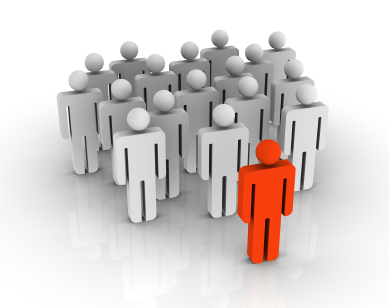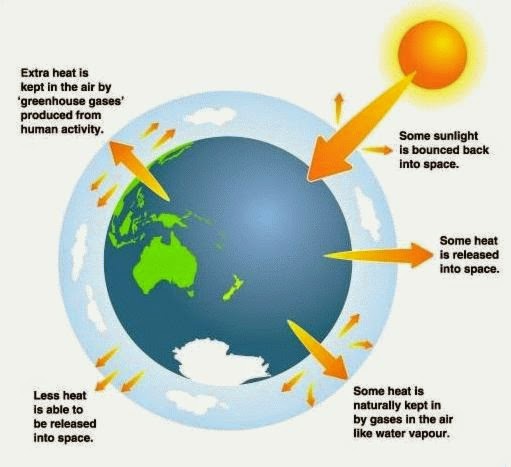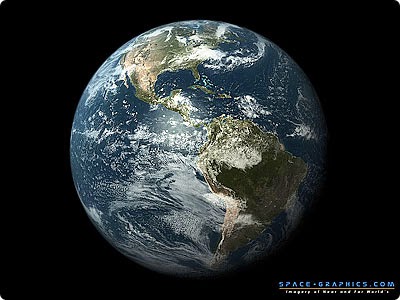The seasoned revolutionary, in her old age, once sat on the ground, gazing aimlessly into the night sky, then spoke quietly to those in her company:
“Do not seek justice. The universe will laugh at you. It is like spending serious time searching for your imaginary friend.
You cannot explain the big bang, the formation and explosion of stars, the creation of the elements inside the guts of stars, the formation of planets, solar systems, atmospheres, life, and evolution, in terms of justice.… More




